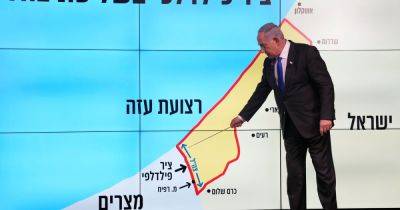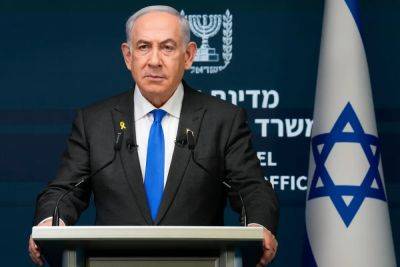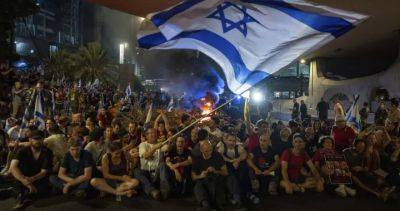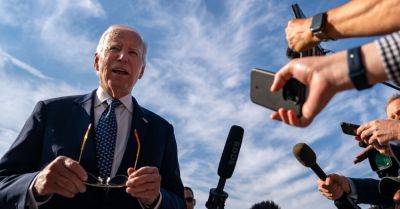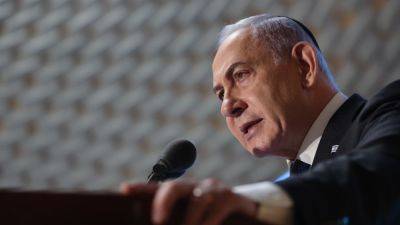Hamas' hostage killings and Netanyahu's hard-line stance complicating cease-fire deal, U.S. official says
Hamas' hostage killings and an increasingly hard-line public stance from Israeli Prime Minister Benjamin Netanyahu have complicated the United States' push for a cease-fire in Gaza, a senior Biden administration official has said.
"Ninety percent of this deal has been agreed," but two main issues remain, the official said: the identity of Palestinian prisoners to be freed in exchange for captives still held in Gaza, and the “redeployment” of Israeli forces in the enclave, with Netanyahu suggesting there will be no deal unless they can remain in an area known as the Philadelphi corridor.
The Israeli leader's repeated public interventions have also made things more "difficult," the official said.
Offering perhaps the most detailed view of negotiations yet, the senior official briefed reporters at a pivotal moment — with Netanyahu sticking to his demand despite diplomatic pressure and angry domestic protests.
The U.S. has for months been leading negotiations alongside Qatar and Egypt, hoping to broker a deal that would bring an end to Israel's nearly yearlong offensive in Gaza and secure the release of hostages held in the enclavesince Hamas' Oct. 7 terror attacks.
Until now, the U.S. has revealed limited details of the talks, but the official said that in the wake of the hostage killings and with Netanyahu's public comments drawing widespread backlash, the Biden administration felt compelled to shine a light on "what's actually on the table."
Read more: What is the ‘Philadelphi corridor?’
The briefing came as NBC News revealed that the families of American hostages held by Hamas have pressed the White House to seriously consider striking a unilateral deal with the militant group to secure their loved ones' release.
Th


